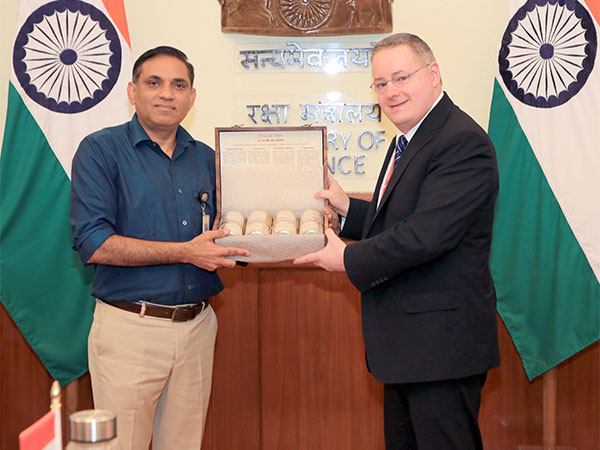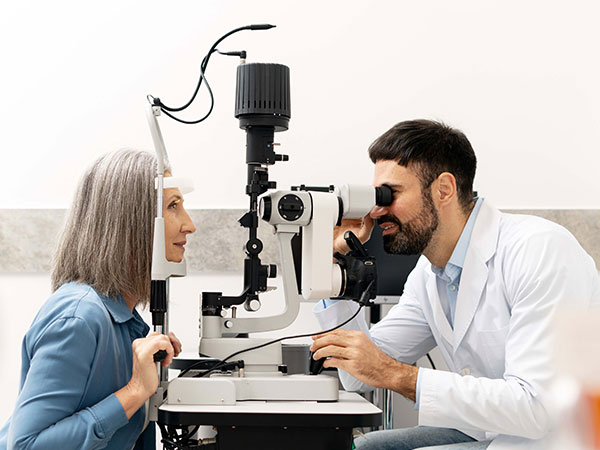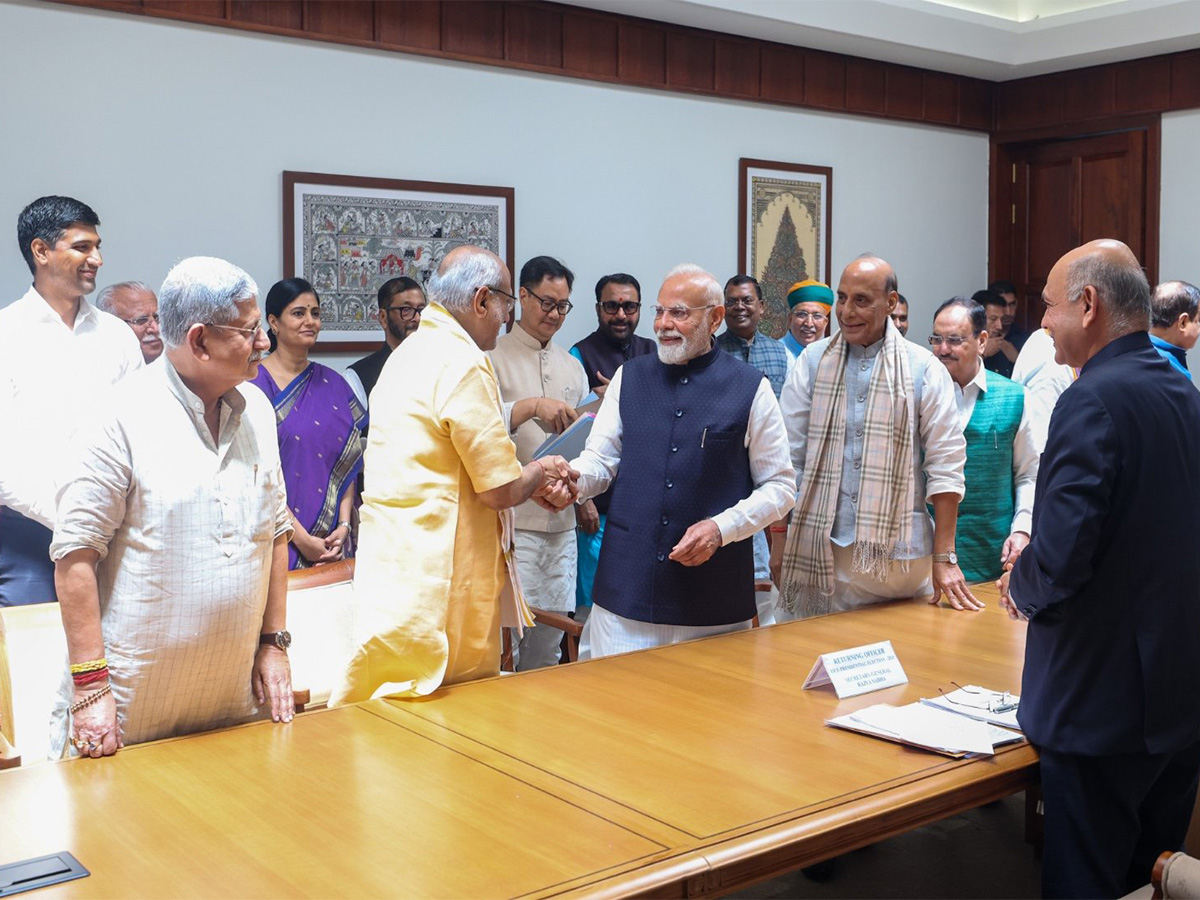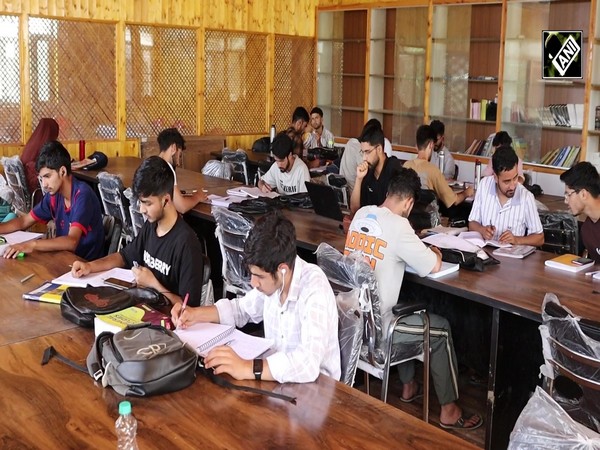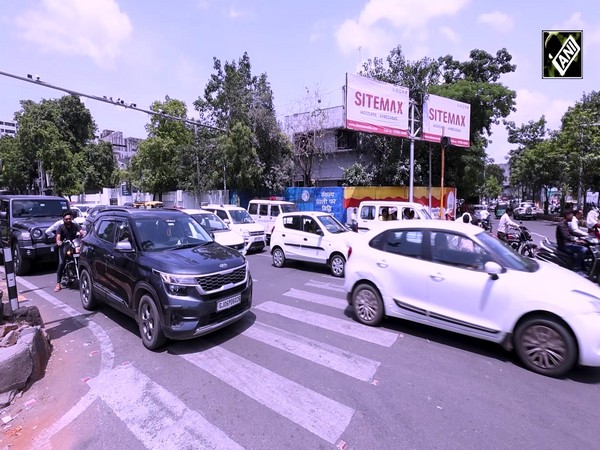China's inactivated COVID-19 vaccine shows potent protection against SARS-CoV-2 during animal trial
Jun 09, 2020

Beijing [China], June 9 : China's inactivated COVID-19 vaccine has shown protection against coronavirus infection in animal experiments, Xinhua reported citing a study published in the journal Cell.
Inactivated vaccines use the killed version of the germ that causes a disease.
The research on the vaccine candidate BBIBP-CorV is being conducted by the Beijing Institute of Biological Products under the China National Biotec Group, the Chinese Centre for Disease Control and Prevention, the Chinese Academy of Medical Sciences as well as other institutions.
According to Xinhua, researchers said that the pilot-scale production of the vaccine candidate induces high levels of neutralising antibody concentrations in mice, rats, guinea pigs, rabbits and non-human primates including cynomolgus monkeys and rhesus macaques. The antibodies help in providing protection against SARS-CoV-2.
China's Minister of Science and Technology Wang Zhigang said at a press conference on Sunday that the country will make its COVID-19 vaccine "a global public good" when it is ready for application.
A neutralising antibody can defend a cell from a pathogen or infectious particle by obliterating any biological effect.
Moreover, the vaccine exhibits high productivity and good genetic stability for manufacturing which will help in further evaluation in a clinical trial, according to the research.
Coronavirus which first emerged in China has so far killed 409,437 people globally. The virus has infected 7,232,313 people worldwide.
The inactivated vaccine candidate was approved for clinical trials in late April, according to the China National Biotec Group.
Beijing is making efforts to currently develop COVID-19 vaccines in five categories -- inactivated vaccines, recombinant protein vaccines, live attenuated influenza vaccines, adenovirus vaccines and nucleic acid-based vaccines.
To date, four inactivated vaccines and one adenovirus vaccine have been approved for clinical trials.
